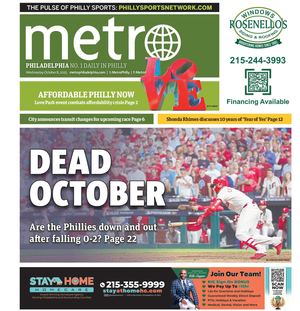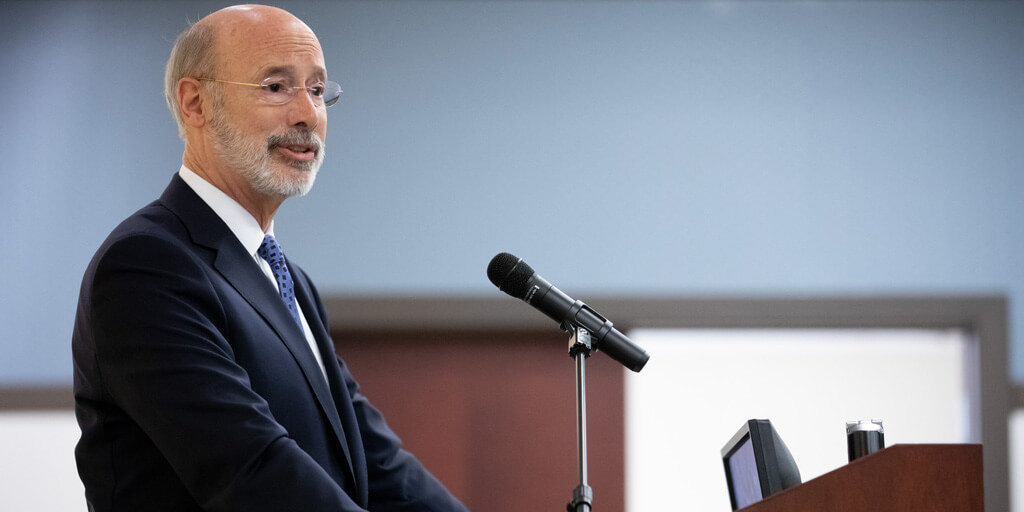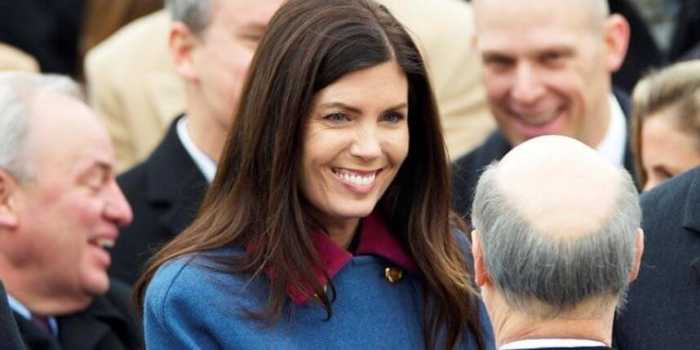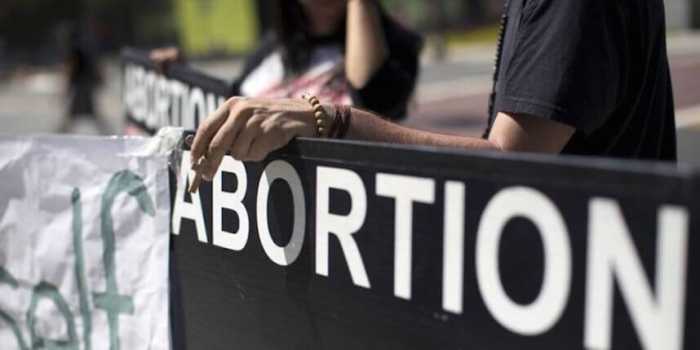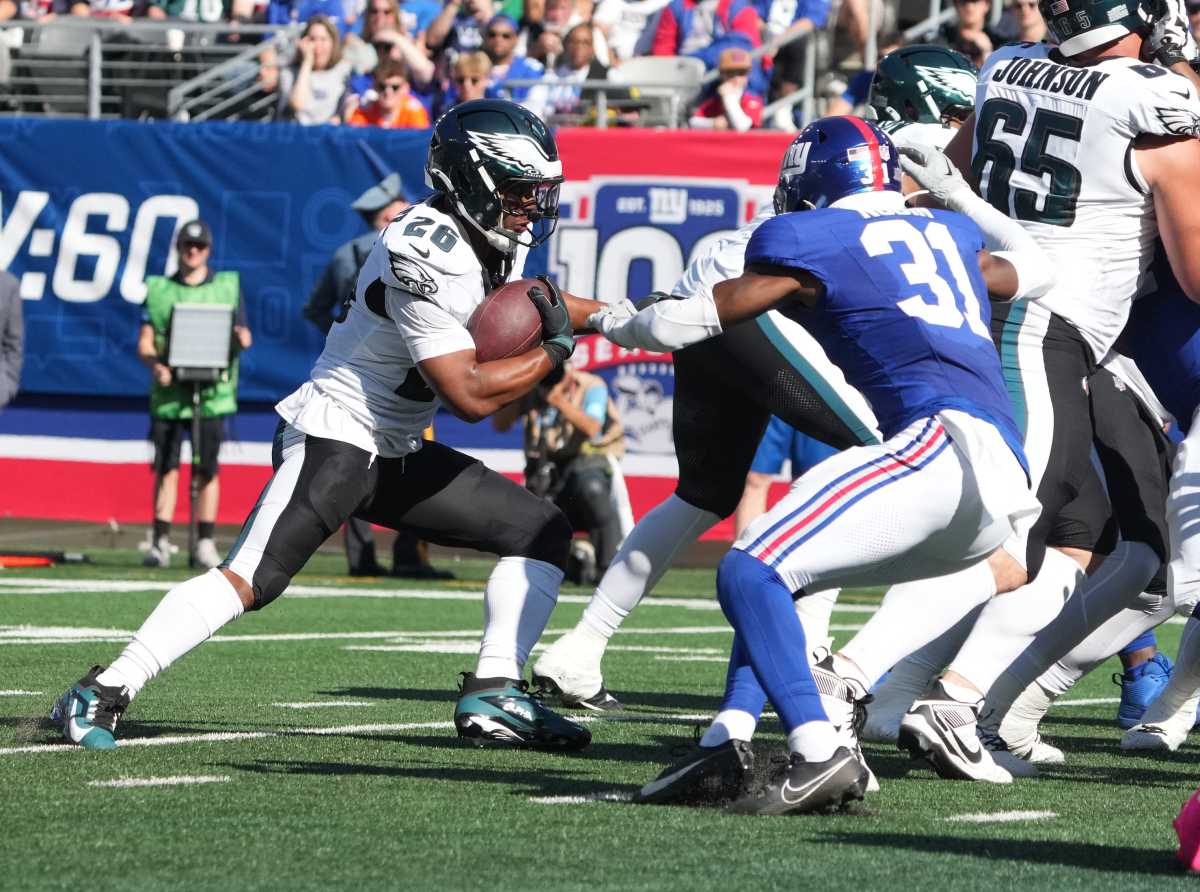Gov. Tom Wolf moved Wednesday to free up $145 million, which he urged state lawmakers to use to pay for grants to small businesses struggling to survive the novel coronavirus pandemic.
The funding, the governor said, would supplement whatever aid Pennsylvania could receive from the $892 billion federal COVID-19 relief package, a Congressional agreement that President Donald Trump has threatened to veto.
Only the General Assembly has the power to appropriate the money, and Wolf instructed legislative leaders to direct it to the hardest-hit sectors, specifically mentioning restaurants and bars.
Wolf initiated the transfer from the Workers’ Compensation Security Fund, which he described as having a hefty surplus.
“I’m hoping that they can move on this fairly quickly,” he told reporters Wednesday. “This is something that I don’t think should be a controversial issue. The money is there.”
State House Majority Leader Kerry Benninghoff, a Republican, accused Wolf’s administration of causing the state’s economic woes, citing pandemic-related restrictions.
“There is only one reason why restaurants and small businesses are shut down, suffering and facing permanent closure, and that reason is the governor,” Benninghoff said in a statement.
Wolf’s administration instituted a “pause” Dec. 10, prohibiting indoor dining and shuttering gyms, theaters, museums and other venues.
The governor said Wednesday that he hasn’t considered extending those restrictions past their planned Jan. 4 expiration date, but Pennsylvania Health Secretary Rachel Levine left the door open.
“We’re going to have to watch our numbers very carefully,” she said during a virtual briefing Wednesday. “If there’s an enormous spike in cases, that would be very challenging.”
Philadelphia officials on Tuesday said the riskiest activities, including indoor dining, would remain prohibited in the city through Jan. 15.
Levine said case rates seem to have plateaued in the state, and, in the city, spread of the virus also appears to be slowing following a post-Thanksgiving spike.
Officials recorded 663 new COVID-19 infections Wednesday in Philadelphia and 9,605 in the state as a whole. There were 35 virus-related deaths in the city and 230 in Pennsylvania.
Shipments of the recently-approved Moderna vaccine have begun to arrive, and Levine said her department anticipates 30,225 doses of the Pfizer vaccine will be delivered this week. So far, 41,444 healthcare workers in the state have received their first injection.
Philadelphia, which is handling its own vaccine campaign, expects to receive a total of 37,350 doses by the end of the week.
Nursing home residents and staff are expected to begin receiving vaccines on-site Monday as part of a partnership with Walgreens and CVS.
A new federal recommendation advises states and localities to begin vaccinating people 75 and older in the second phase of the roll-out, and Levine said the state intends to alter its plans accordingly.
She offered few details about the next phase, known as 1B, except to say that the state plans to use pharmacies, doctor’s offices, health centers and hospitals to reach elderly residents. Officials may also consider mass vaccination clinics.
Phase 1B also includes essential workers, likely including police officers, firefighters, teachers, prison inmates and staff, among others.
Levine called on hospitals to make sure EMS workers and non-affiliated physicians are also inoculated during the first phase, stressing that allotments are for a particular community, not just for employees of the medical center that receives the shipments.
She estimated that there are about 900,000 people who fall into the general category of healthcare workers in Pennsylvania.
Wolf, who is 72, said Wednesday that he has no immediate plans to receive the injection.
“I’m not going to butt in line,” he said. “I will get it whenever my turn comes.”
In other news, city leaders are encouraging small businesses to get ready for the reopening of the Paycheck Protection Program, which will resume if President Trump signs the stimulus bill.
PPP, which was established by the federal CARES Act, provides loans to firms with under 300 workers that are forgivable if the money is used for eligible expenses and if the business meets certain employee retention standards.
Business owners should begin gathering documentation for the application period, which could begin in the coming weeks.
Anyone with questions can call the Philadelphia Department of Commerce’s Office of Business Services at 215-683-2100 or email business@phila.gov.
